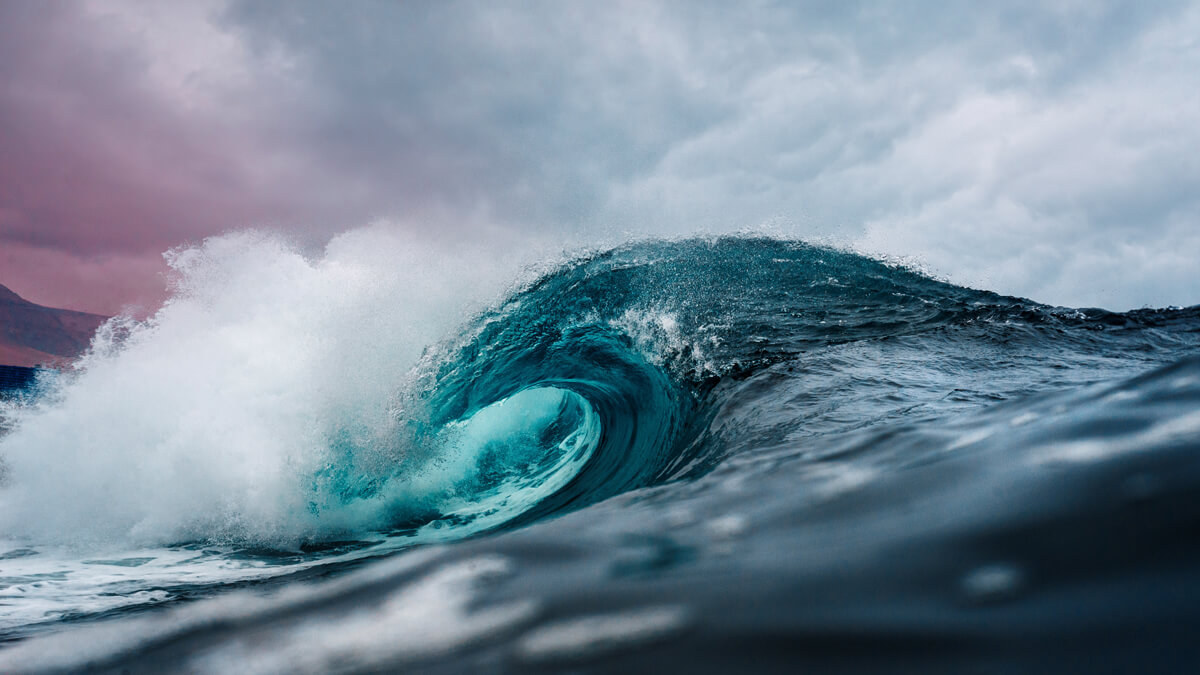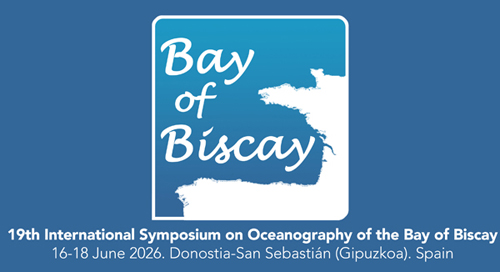SUMMER SCHOOL 2020 #OceanOptimism: balancing the narrative about the future of the ocean
- 09-11 Jun 2020
- 09:00 - 14:00
- Aquarium de Donostia-San Sebastián. Donostia-San Sebastián (Gipuzkoa)
- Idioma: Español
- Organiza: AZTI

The topic proposed for this 17th AZTI’s SUMMER SCHOOL 2020 is “#OceanOptimism: balancing the narrative about the future of the ocean”. This course will build on, and go beyond, the “Status of the Environment 2019” and the “Marine Messages II” reports, from the European Environment Agency.
It will be examined how, despite the fact that our seas are facing important challenges (e.g. climate change, biodiversity loss, plastic pollution, etc.), the management measures taken in the last decades have changed the decline trends of many systems, including the reduction of eutrophication, reduction of pollution from some metals and organic compounds, recovery of ecosystems (and the associated goods and services), recovery of fishing stocks in some regional seas, increase of Marine Protected Areas, etc.
In addition, for those topics that still show decline, some solutions will be discussed, including the narrative that still media is producing and how media can contribute to disseminate a positive narrative for society.
The main objective of the school is to give an overview on the challenges that oceans are facing, the positive trends we can see in many locations, and opportunities presented by scientific and technological solutions for impacted seas.
FIND THE DRAFT PROGRAM HERE
FIND INFORMATION ABOUT PROFESSORS HERE
REGISTRATION HERE
Registration fee until 30th April: 100€
STUDENTS registration fee until 30th April: 80€
Registration fee from 1st May to 5th June: 150€
STUDENTS registration fee from 1st May to 5th June: 125€
Registration fee includes: Acces to the course, documentation and coffee-breaks.
IMPORTANT: Only bank transfer accepted
The attendees will acquire knowledge in the health of marine systems, current trends, future tendencies and potential solutions to improve those systems or ecosystem components needing management decisions and media support. This summer school will benefit from the inter/transdisciplinary integration of different sciences (e.g. marine and fisheries biology, toxicology, microbiology, social sciences, etc.) necessary to understand the response of our seas to human activities and pressures, but also their recovery when adequate management decisions are taken and the necessary knowledge by society of this progress, with the support of media.
This course will explore this through different topics, particularly emphasizing communication, citizens engagement and co-creation with diverse stakeholder communities.




